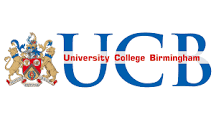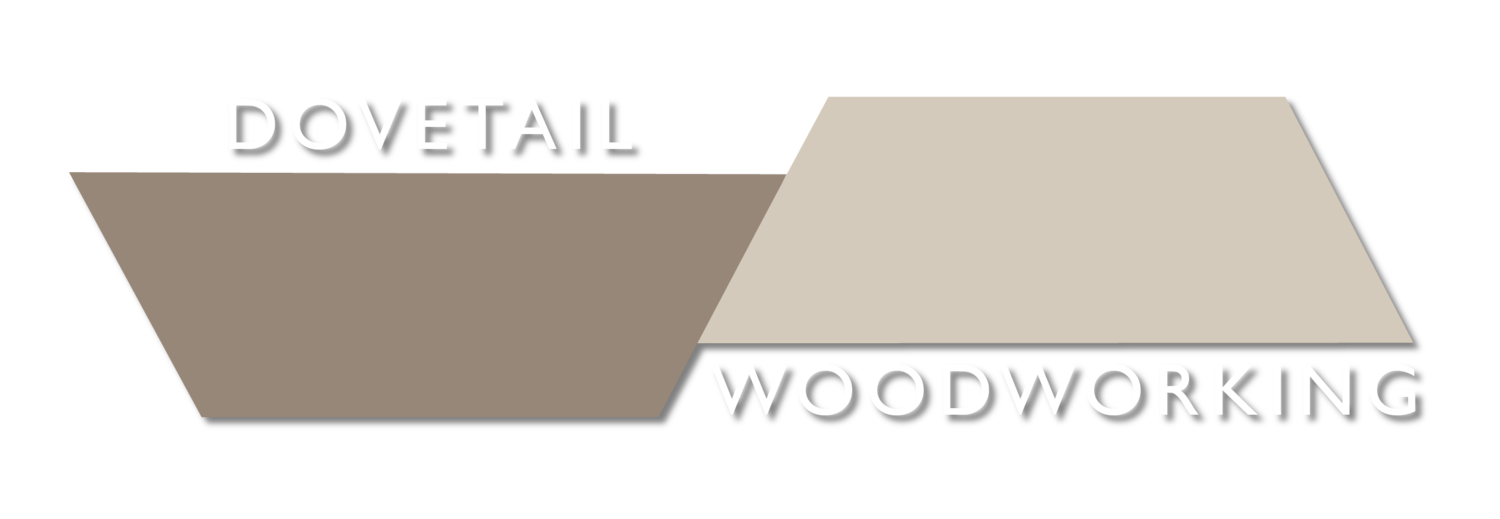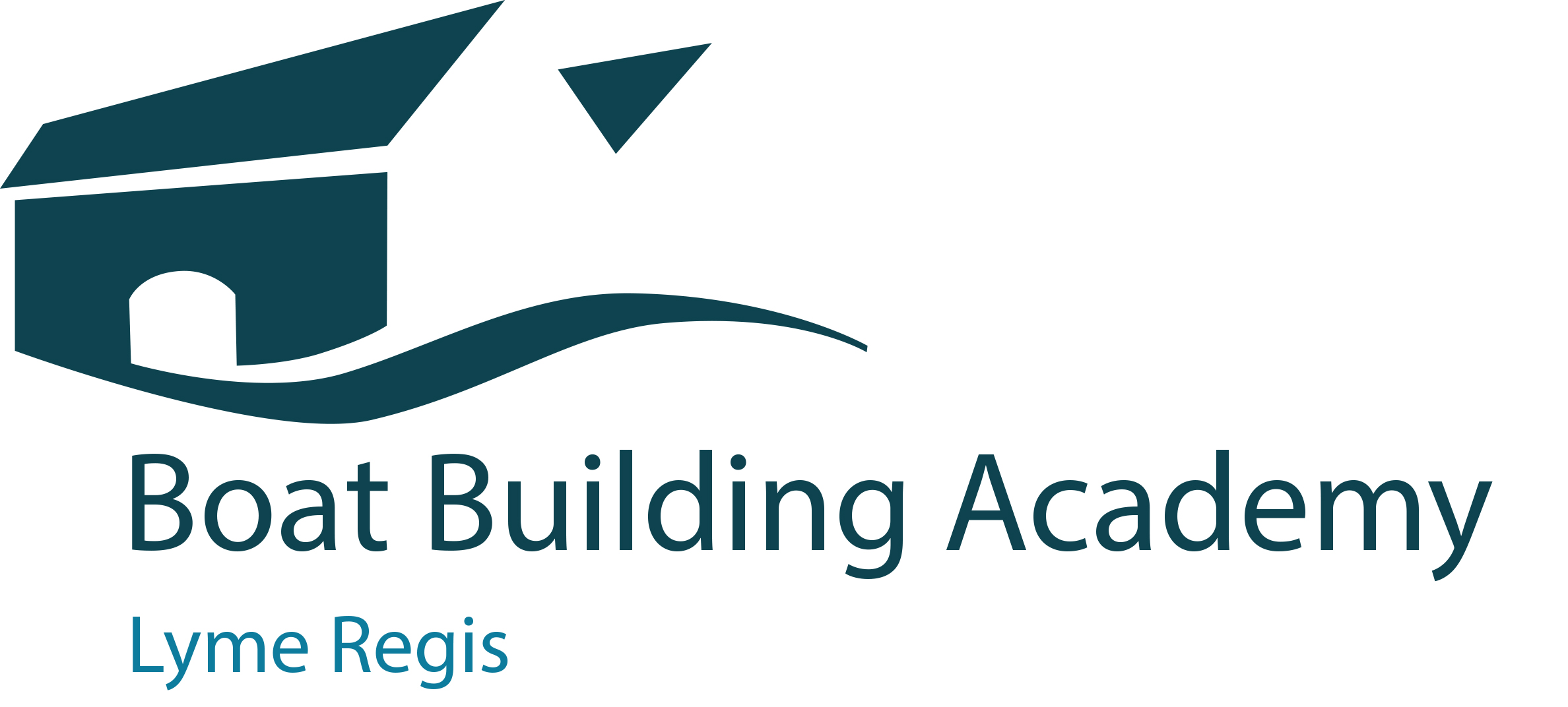Carpenters and joiners work on creating and installing a huge variety of features such as roofs, floors, windows and staircases, supporting new constructions, refurbishments and restoration projects alike.

Carpenters and joiners work on creating and installing a huge variety of features such as roofs, floors, windows and staircases, supporting new constructions, refurbishments and restoration projects alike. Our Level 1 carpentry course will introduce you to everything from using handsaws, planes, chisels and other essential tools to selecting woodworking resources and how to mark and produce woodworking joints.
You will also learn key construction topics such as health and safety, modern sustainable construction methods and green technology, alongside developing your English, maths and other transferable skills to prepare you for the workplace.
Your carpentry training will be hands-on, studying in our cutting-edge Sustainable Construction Centre on campus, ensuring you have the practical skills to succeed. Once you have completed our carpentry and joinery course, you will have opportunities to progress onto further study, apprenticeships and careers in the industry.
History of University College Birmingham
With more than 7,500 students, University College Birmingham today is unrecognisable from the small Victorian classes where it all started.
Today, hospitality managers, aviation executives, dazzling hairdressers and makeup artists, educators, chefs, bakers, tourism industry experts, business leaders and creative entrepreneurs learn skills for life at a university hailed for its vocational training, academic achievements and cultural diversity.
We have invested £160 million in our campuses and facilities, including building McIntyre House and Moss House, since 2014. These ambitious projects represent a bold statement of intent beyond the dreams of Birmingham’s early educational pioneers.
here is, however, a common theme. Then, as now, cookery was of the moment; and students and employers in the 21st century owe a debt of gratitude to municipal reformers such as Joseph Chamberlain who backed the cause of cookery at UCB’s forebear, Birmingham Municipal Technical School, in the 19th century.
A report in the Birmingham Daily Post of November 7, 1874 recalls a meeting of the Birmingham School Board, presided over by the then chairman, one J Chamberlain.
The Board was told that the Education and School Management Committee had considered the “advisability of introducing instruction in practical cookery and household work as part of the ordinary school course.”
The committee suggested “experimental buildings” should be built at two schools to replicate the “ordinary size and ordinary character found in the cottages of working people.”
There should be “no special appliances for cooking” and the girls would be taught to cook with “ordinary utensils, at the ordinary fires, the ordinary food of the class to which they belonged.” It was a visionary, albeit no frills, educational development.
The fledgling culinary arts were sparking wider interest. By the 1880s, the Midland School of Cookery occupied a “large apartment” with a larder, scullery and a gas stove at the Midland Institute in Birmingham.
Up to 100 women and professional cooks attended lessons in “high-class” cookery five mornings a week. By 1891, cookery classes were delivered at the Birmingham and Midland School of Cookery at 117 Colmore Row, focusing on “high-class cookery, cottage cookery and vegetarian cookery.”
Archives suggest domestic cookery classes were taught throughout the First World War at the Municipal Technical School, which became the Central Technical College in 1927.
As the institution added new courses and changed its focus, there were numerous further name changes including, in the 1950s, the College of Food and Technology, featuring a department of bakery and domestic science. Just a year later, it was renamed again and became the Birmingham College of Food and Domestic Arts.
The College, which had operated from nine city and suburban schools, came under one roof in 1968 when the Duke of Edinburgh opened a new £1.5 million building on Summer Row.
The building was designed to house up to 1,000 students and included a hostel for 57 female students boarding on a dinner, bed and breakfast basis.
In 2002, the institution transferred to the higher education sector, providing both outstanding higher and further education courses with a strong vocational focus.
University College Birmingham was officially born in November 2007 when the Privy Council granted taught degree awarding powers.
Full university status followed in December 2012 as part of moves to diversify the university sector and improve student choice.
With many of its degrees accredited by the University of Birmingham, UCB has undergone a remarkable transformation and values it culturally diverse, outward facing global perspective.
It is a truly international university that delivers specialist courses to 900 overseas students from 65 countries as diverse as China, Pakistan and Saudi Arabia. UCB has amassed an impressive array of accolades and awards over the years.
The lion’s share of recruitment is now in higher education, comprising 70% of UCB’s intake compared with 30% on further education courses. Students can study everything from certificates and diplomas to degrees and postgraduate qualifications.
However, the defining ethos of the institution has remained a constant – to give students, regardless of their background, the opportunity to succeed and to offer, in the motto of the University’s coat of arms, “service before self.
Mission
University College Birmingham's mission is likely to focus on the following aspects:
Professional and Vocational Education UCB is committed to delivering practical and industry-relevant education that equips students with the skills and knowledge needed to excel in their careers.
Industry Engagement: The university aims to maintain strong partnerships with industries, businesses, and employers to ensure that its programs are aligned with current market needs and trends.
Student-Centered Approach: UCB strives to provide a supportive and student-centered learning environment that fosters personal and professional development.
Innovation and Excellence: The institution likely aspires to continually innovate its programs and teaching methods, while maintaining high standards of academic excellence.
Vision
University College Birmingham's vision might encompass the following goals:
Leading Applied Education: UCB likely envisions itself as a leading institution in providing applied education, producing graduates who are well-prepared for the challenges of the modern workforce.
Global Recognition: The university may aim to achieve recognition on a national and international level for its contributions to vocational education and its impact on various industries.
Graduate Success: UCB likely aims for its graduates to be highly sought-after professionals who make meaningful contributions to their fields and communities.
Innovative Learning Environment: The institution might envision fostering a dynamic and innovative learning environment that utilizes the latest teaching methods and technologies.
Community Engagement: UCB may seek to actively engage with the local community, businesses, and organizations to create mutually beneficial partnerships and initiatives.

Over the course of a long weekend (Friday – Monday), students receive a good grounding in the basics of woodwork.

This elemental two day beginners' course is intended for those new to woodworking or with limited experience.

This course is a great introduction to woodworking. The course is for one day, and you will be using hand and power tools to make this box in solid oak and contrasting top. During the day you will learn cutting, planing, and machining techniques.

We provide woodworking machine training for novice learners, experienced operators and supervisors as well as abrasive wheel and portable power tool courses. All backed by respected quality assurance assessors PIABC

Get professional training in woodworking by the sea!
© 2025 coursetakers.com All Rights Reserved. Terms and Conditions of use | Privacy Policy